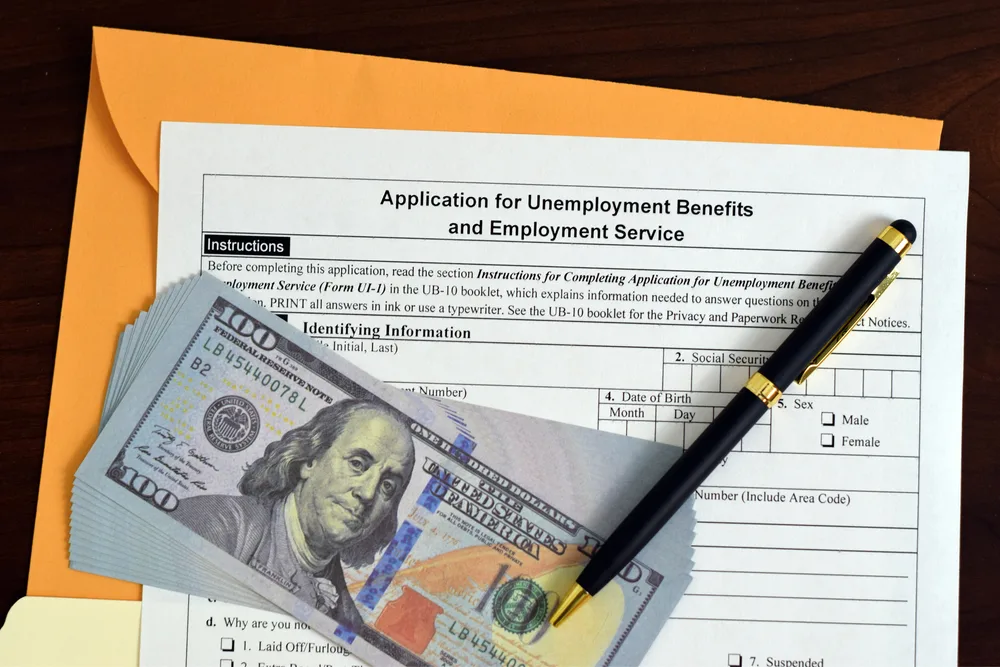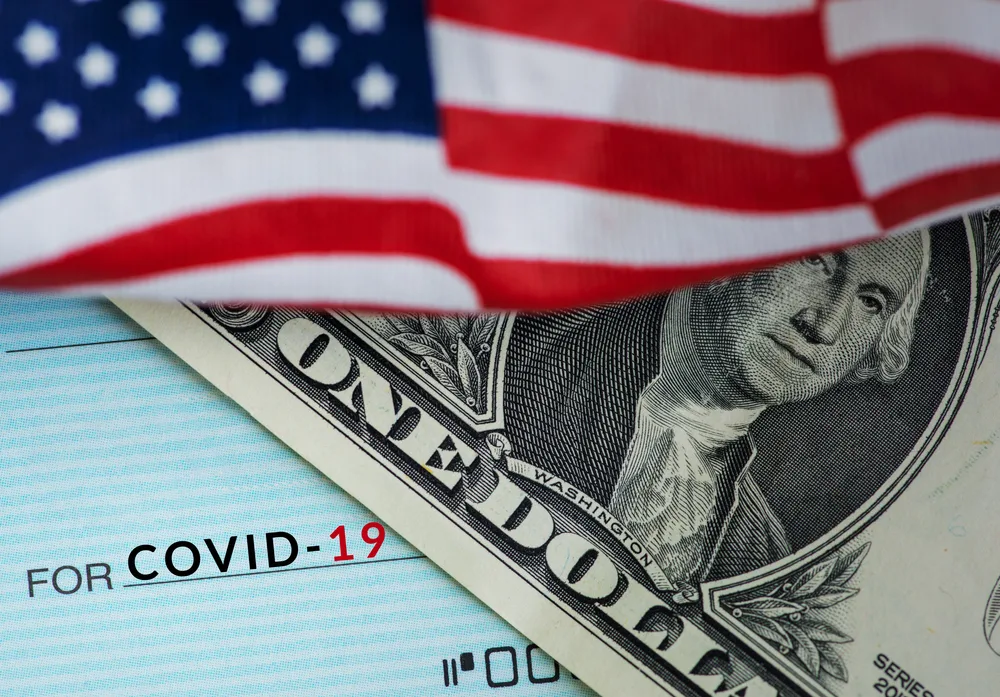
Your credit score is a number that impacts your life in ways you might not even realize. A low credit score can make it more expensive to rent an apartment, buy a car, or get a cell phone contract.
It can also make it harder to get a job, lease an apartment, get utilities like gas and electricity connected at your home, or even qualify for certain services such as cable, internet, and cellphone plans.
A good credit score, on the other hand, can have the opposite effect: making it cheaper to borrow money and enabling you to access lots of great housing and services. Improving your credit score doesn’t have to be difficult.
If you want to improve your score fast and easily, here are some tips that might help you increase your credit score.
Pay Off All Your Debt
The first thing you should do if you want to improve your credit score is to pay off your debt. Credit card debt is particularly bad for your score because you’re paying very low (or no) interest. You’re basically just loaning yourself money and not making any effort to repay it.
One way to improve your score is to pay off your debt. This will show creditors that you’re responsible enough to pay off what you owe, which will help your score go up. In addition, paying off your debt will free up cash that you can put toward improving your credit score.
If you’re carrying high balances, you may qualify for a credit card with a high enough credit limit to allow you to make a one-time payment of a large portion of that debt.
Get New Cards With No Annual Fee
If you’re trying to add new credit cards to your report, but don’t want to apply for new ones, you can get new cards with no annual fee. If you have good credit and a decent income, you may be able to call your credit card company and ask them to increase your limit.
If they are not willing to, you can call and ask for a new card with a higher limit (with a new account number). If you want to get a new credit card with a higher limit, try calling the customer service number and asking for a credit increase.
You may be surprised by how many people are actually granted this request. Another way to do this is to close an old credit card and then immediately open a new one with the same provider. This increases your overall credit limit, but be careful to not exceed the amount you are allowed to spend.
Check and Repair Your Credit Report
Your credit report is the first place to start when you’re looking to improve your credit score. If there are any errors on your credit report, they can have a big impact on your credit score. This is because your credit report includes information that’s used to calculate your credit score.
If there are errors on your credit report, it can negatively impact your credit score. If you notice any errors, you should report them to the relevant companies immediately so that the errors can be fixed and that they won’t negatively impact your credit score.
Don’t Apply for New Credit Too Often
Applying for new credit cards or taking out a new loan can negatively impact your credit score. The reason for this is that when you apply for a new credit account, lenders will check your credit report to see what’s on it.
Applying for a new credit account makes it look like you’re trying to take on more financial responsibility than you can handle. This can be seen as a red flag to lenders and negatively impact your credit score. It’s recommended that you don’t apply for new credit accounts unless you really need them.
If you do need to apply for new credit, wait at least six months before applying for another credit account.
Pay Your Bills on Time
Your payment history makes up nearly 35% of your credit score. This means that it’s very important to make sure that you pay your bills on time and in full. Failing to pay bills on time can negatively impact your credit score and make it harder for you to get a loan.
To make sure you’re paying your bills on time, set up a reminder on your phone. Make sure you have all your bill due dates written down in a safe place so you don’t forget about them. If you don’t have all your bill due dates written down somewhere, it can be easy to miss payments.
If you do miss a bill payment, make sure you pay it as soon as possible so you don’t negatively impact your credit score.
Check Your Credit Score Often
You should check your credit score often. Checking your credit score can show you how your financial situation is changing.
It’s easy to get your credit score for free at creditcards.com. Creditcards.com lets you see how your credit score changes over time, so you can see what areas you need to focus on to improve your credit score.
Conclusion
Your credit score impacts your life in many different ways. It can be difficult to know how to increase your credit score, especially if you don’t know where to start.
Luckily, these easy tips might help you improve your credit score in no time by checking and repairing your credit report, not applying for new credit too often, paying your bills on time, and checking your credit score often.
With a higher score, you might have more access to loans and better interest rates on any loans you do take on. Your ability to obtain a loan could impact your ability to purchase a house or car in the future.



